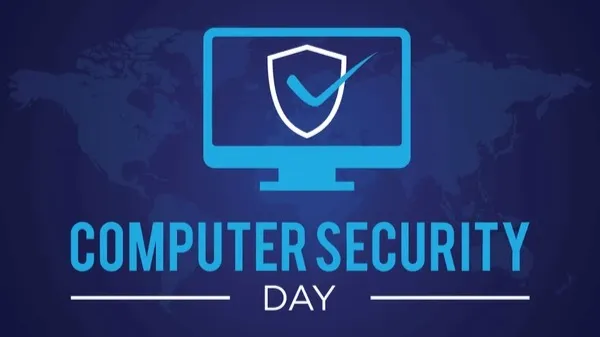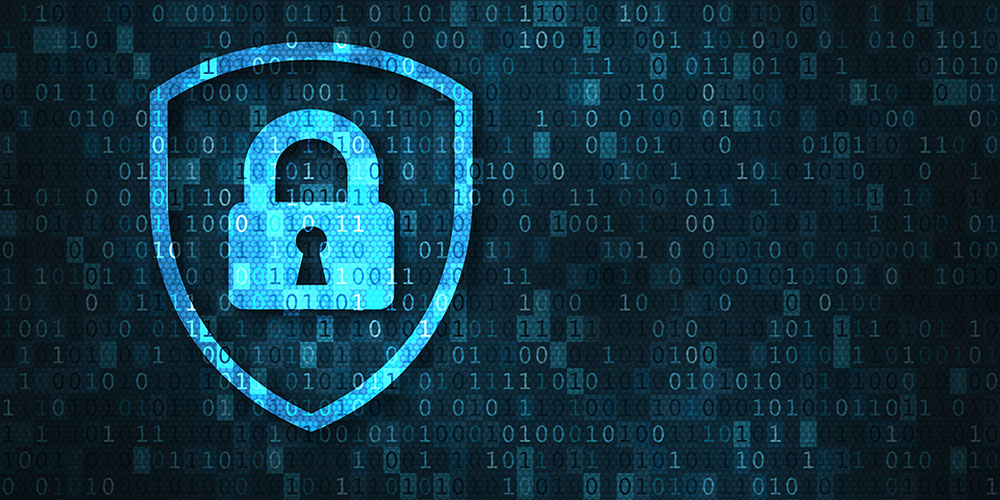The top 3 ways to protect your new devices online
Cyberattacks are at an all-time high, and with the cost of dealing with a cyberattack doubling last year, their ramifications are more intense than ever. With your ISP and government trying to track your IP and internet activities, malicious actors devising schemes to infiltrate your device with malware or steal your sensitive data using phishing attacks, you absolutely need to wrap your devices with foolproof safety nets using the best VPN, the best antivirus, and the best password manager.
However, with so many security software on the market that release updates left, right, and center, you need a reliable team of experts that regularly test VPNs, antiviruses, and password managers first-hand—and TechRadar’s in-house experts do just that.
Read on to find out the best ways to keep your shiny new device safe from the dangers of the online world and browse the internet freely—plus we’ll also share what features to look for while shopping for these tools.
The best VPN in 2024
The best VPN services will hide your real IP address and encrypt your data so that none of your online activities can be traced by hackers, ISPs, and government authorities. Additionally, a VPN can also give you access to your favorite foreign content and games that may be restricted in your region.
TechRadar experts review VPNs day in and day out, and these are the top three:
How to pick a VPN to secure your new devices online
Look for a VPN provider that has a vast number of servers across the globe. Ideally, you should prioritize providers with servers in your actual physical location and regions you want to connect to, including countries whose content you want to stream.
If your intended use case includes streaming, pick a VPN with powerful unblocking capabilities that can help you access your favorite platforms like Netflix or Prime Video. Also, for buffer-free streaming, you need lightning-fast speeds and minimal latency, which become all the more important if you’re looking for a gaming VPN that must be able to support you when you’re engaging in high-octane battles or exploring vast virtual landscapes.
One of the most important considerations is the security offered by the provider. Is there a…




